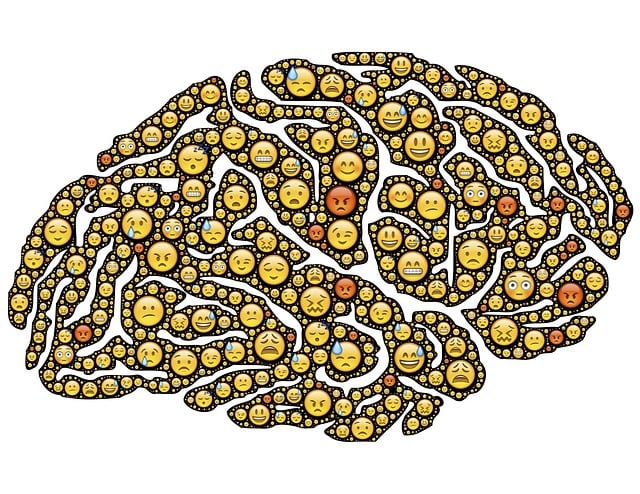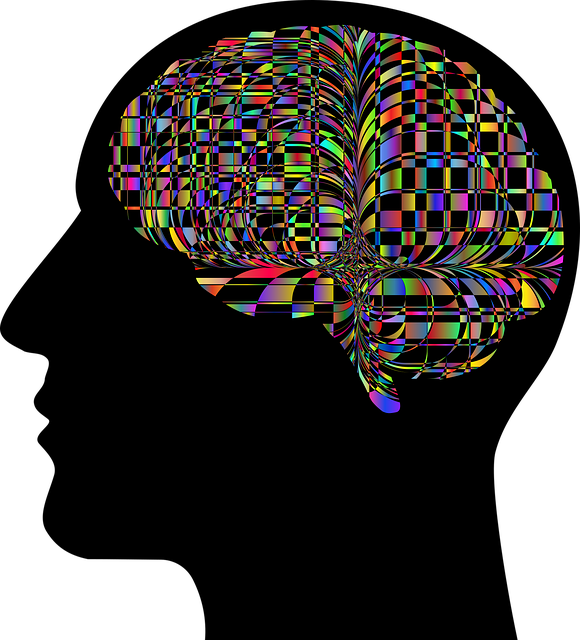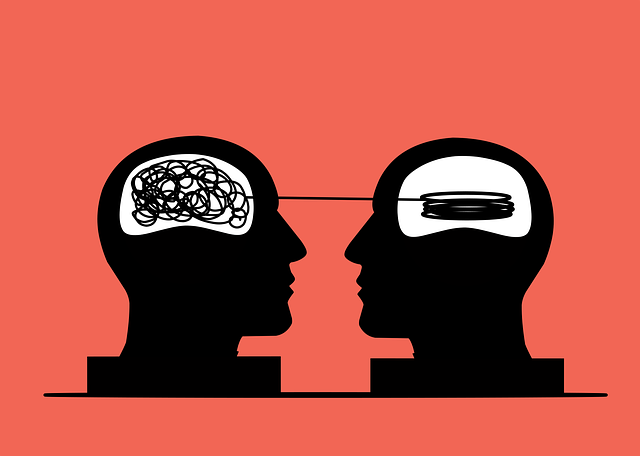Codependency, rooted in early childhood experiences, negatively impacts mental health, leading to low self-esteem, anxiety, and depression. Specialized therapy for codependency addressing compassion cultivation, burnout prevention, and trauma support can break unhealthy patterns. Social Skills Training (SST) is a powerful tool using role-playing, empathy-building, and creative outlets to enhance communication, confidence, and emotional management, fostering lasting, healthy relationships and improving overall well-being.
Social skills training is a powerful tool in addressing mental health conditions, particularly codependency. This article explores the intricate relationship between social skills development and healing codependent relationships. We delve into understanding codependency’s symptoms and its profound impact on mental well-being. Through effective techniques and activities, it highlights how social skills training can be integrated into holistic therapy plans to foster healthier connections and enhance overall mental health, offering a promising path forward for those seeking therapy for codependency.
- Understanding Codependency: Symptoms and Impact on Mental Health
- The Role of Social Skills Training in Healing Codependent Relationships
- Techniques and Activities for Effective Social Skills Development
- Integrating Social Skills Training into a Holistic Therapy Plan
Understanding Codependency: Symptoms and Impact on Mental Health

Codependency is a complex interpersonal pattern characterized by an excessive emotional reliance on others for validation and self-worth. Those affected often struggle with setting healthy boundaries, prioritizing their own needs, and making decisions independently. This condition can have deep roots in early childhood experiences, especially when individuals grow up in environments lacking stability or where they were expected to cater to others’ emotional needs before their own.
The symptoms of codependency significantly impact mental health. It can lead to low self-esteem, anxiety, depression, and even feelings of worthlessness. In relationships, codependent individuals may struggle with trust issues, difficulty expressing emotions, and a constant need for approval. Recognizing these patterns is the first step towards recovery. Through therapy for codependency, compassion cultivation practices, burnout prevention strategies, and trauma support services can empower individuals to break free from these unhealthy dynamics, fostering better mental health and more fulfilling relationships.
The Role of Social Skills Training in Healing Codependent Relationships

Social Skills Training plays a pivotal role in healing codependent relationships by equipping individuals with essential tools for effective communication and emotional expression. Often, codependency stems from early life experiences where individuals learn to suppress their own needs and emotions, leading to imbalanced dynamics in adult relationships. Through therapy for codependency, participants learn healthy communication strategies that foster mutual respect and understanding. This involves expressing oneself openly while actively listening to others, breaking destructive patterns of interaction, and establishing personal boundaries.
By integrating these new communication strategies into their emotional healing processes, individuals can begin to navigate relationships with greater confidence and self-awareness. The focus shifts from people-pleasing behaviors to assertive communication, allowing for healthier attachments and improved stress management. This transformative process not only strengthens codependent relationships but also empowers individuals to maintain lasting connections that support their mental health and well-being.
Techniques and Activities for Effective Social Skills Development

Social skills training is an integral part of therapy for codependency and other mental health conditions. Effective development involves a blend of techniques and activities that foster healthy interactions. One powerful tool is role-playing scenarios, where individuals can practice communication in safe, simulated situations, building confidence and honing their ability to respond appropriately. This method encourages the exploration of different social cues and reactions, helping clients learn to interpret non-verbal signals and adapt their behavior accordingly.
Empathy building strategies play a significant role in enhancing social skills. Through activities that promote perspective-taking, individuals learn to understand others’ feelings and viewpoints, fostering deeper connections. Emotional intelligence, cultivated through self-awareness exercises and group discussions, enables people to manage their emotions and those of others effectively. Additionally, Trauma Support Services can incorporate creative outlets like art therapy or music to help clients express themselves and process complex emotions in a supportive environment, thereby improving their ability to engage socially.
Integrating Social Skills Training into a Holistic Therapy Plan

Social Skills Training (SST) plays a pivotal role in enhancing recovery for individuals managing mental health conditions, especially those grappling with codependency. By integrating SST into a holistic therapy plan, therapists can empower clients to navigate social interactions with greater confidence and resilience. This approach goes beyond traditional talk therapy by teaching practical skills essential for building meaningful connections and fostering healthy relationships.
Empathy Building Strategies and Compassion Cultivation Practices are powerful tools within SST that contribute to breaking down barriers caused by mental illness stigma. Through role-playing exercises and group discussions, clients learn to recognize and validate their own emotions while developing a deeper understanding of others’ perspectives. This process fosters a sense of belonging and encourages positive social exchanges, ultimately supporting long-term recovery in therapy for codependency.
Social skills training is a powerful tool in addressing codependency, offering individuals a chance to heal and foster healthier relationships. By understanding codependent behaviors, participating in therapeutic activities, and integrating these techniques into holistic therapy plans, those seeking treatment for codependency can develop essential social competencies. This comprehensive approach not only enhances mental health but also empowers individuals to navigate social interactions with confidence, creating a positive cycle of growth and improved well-being. Effective therapy for codependency involves a collaborative effort between clients and professionals, focusing on practical skills development to achieve lasting change.












